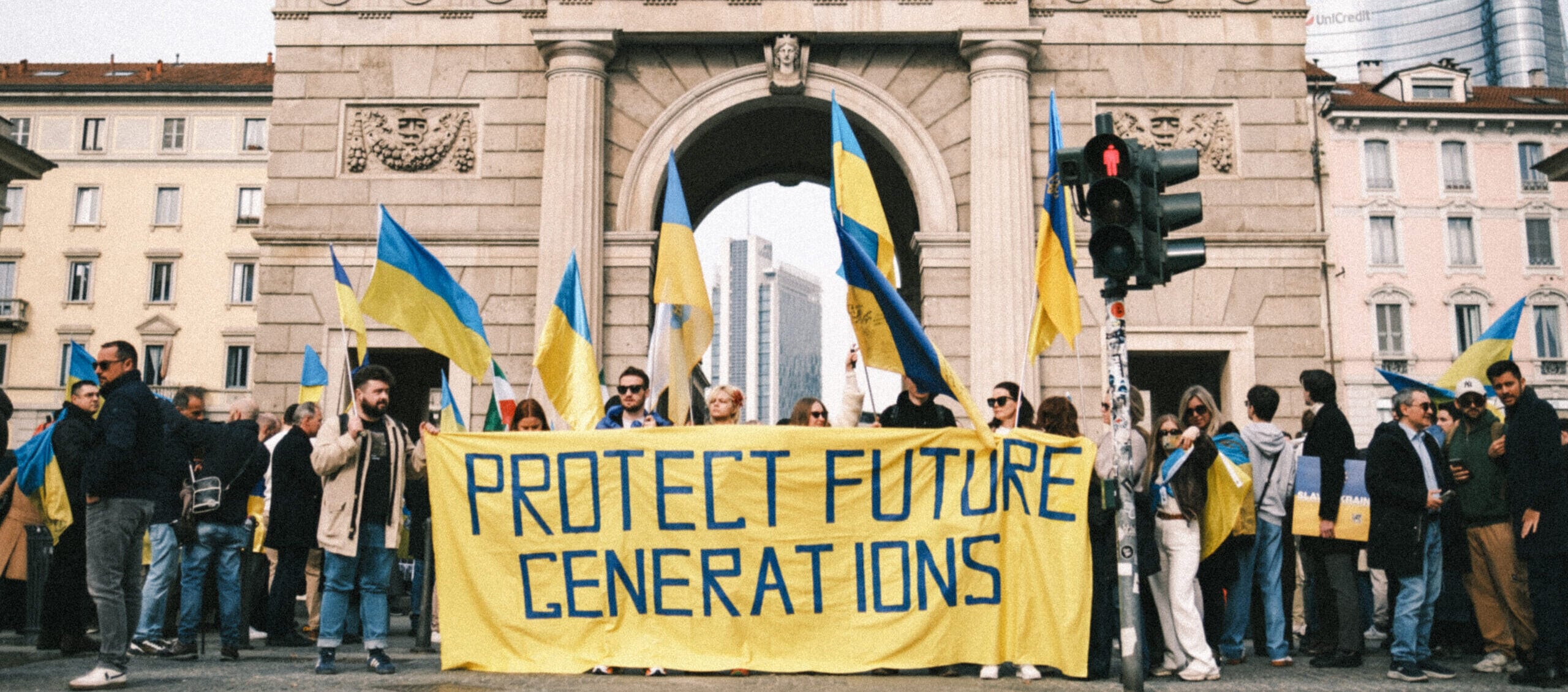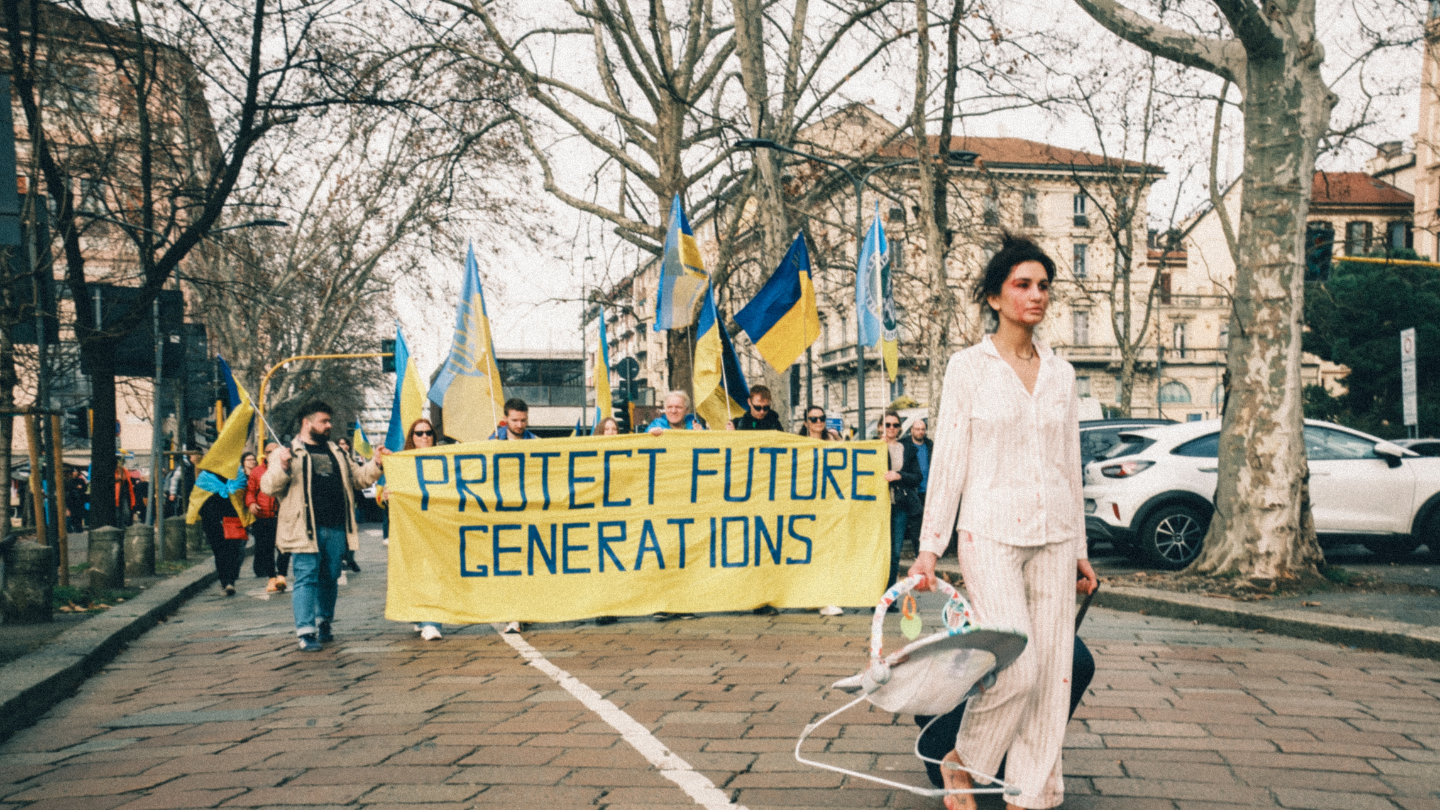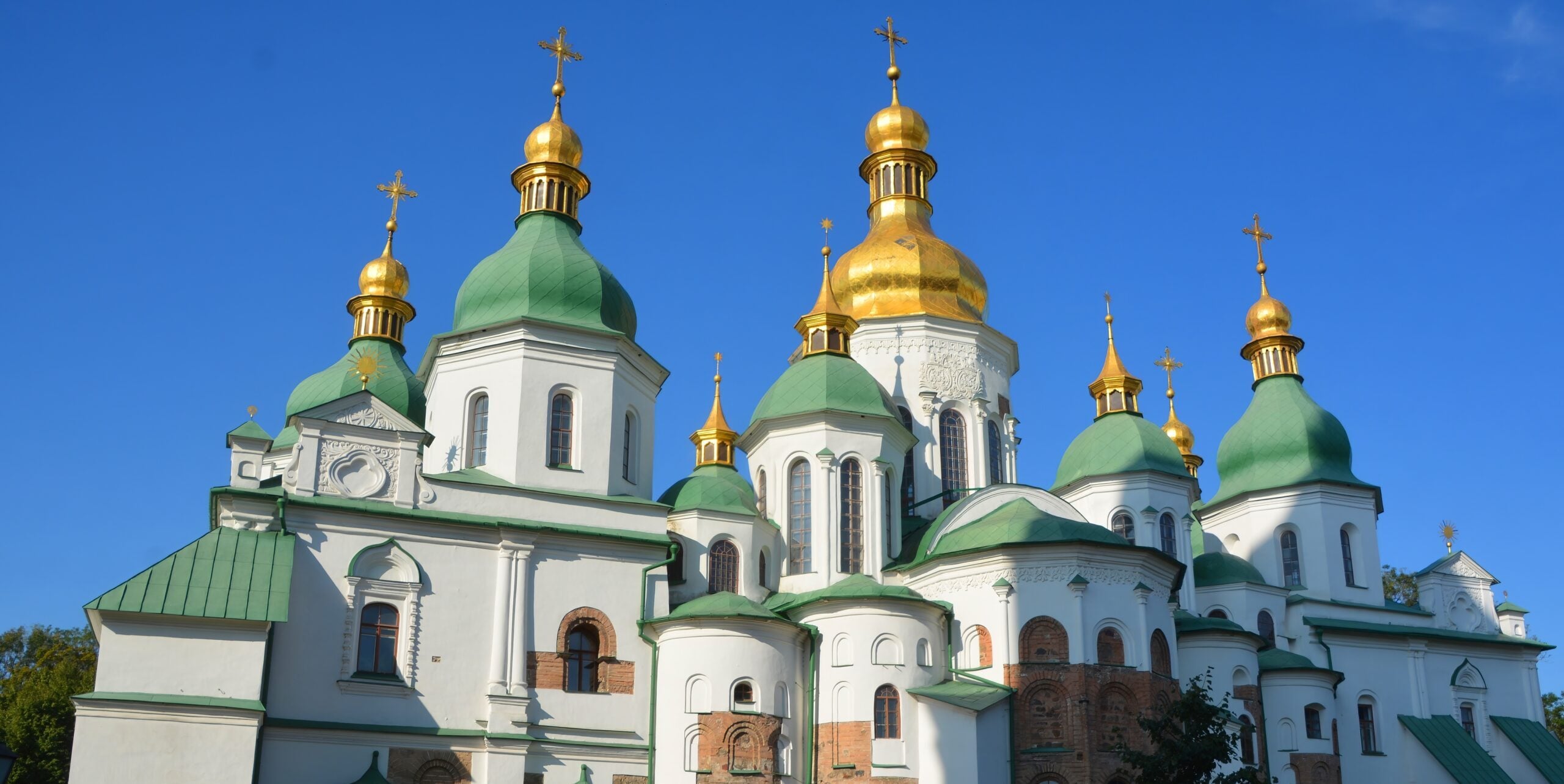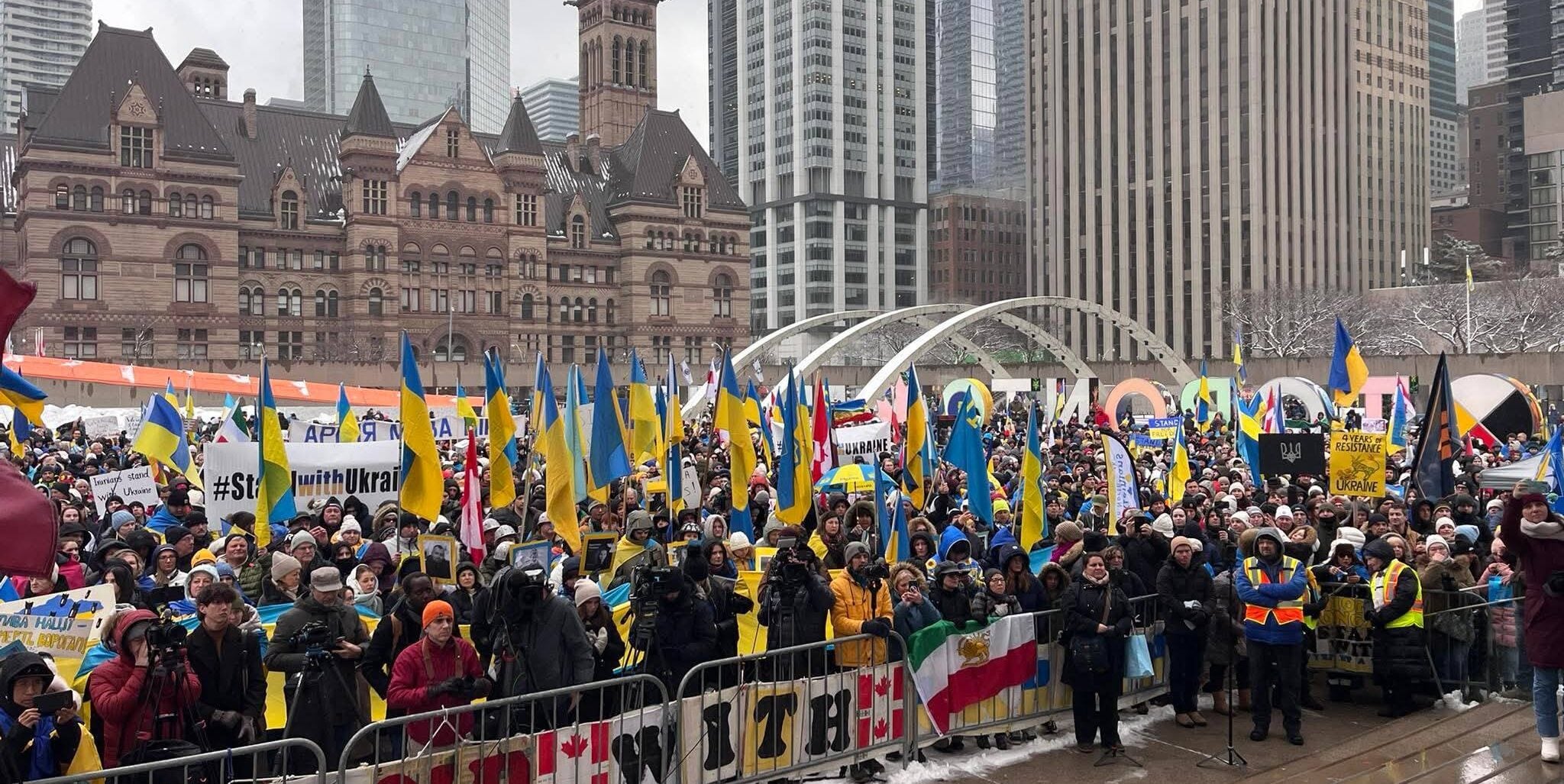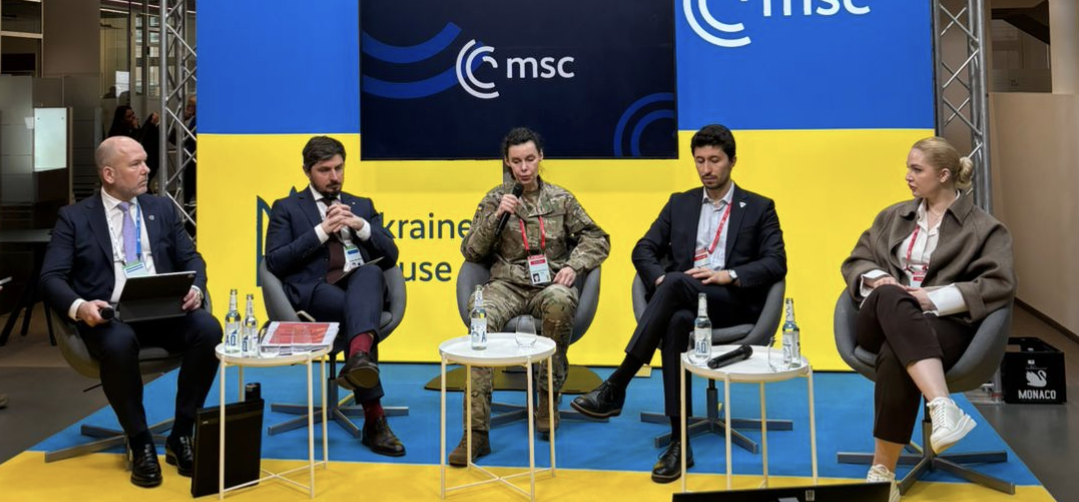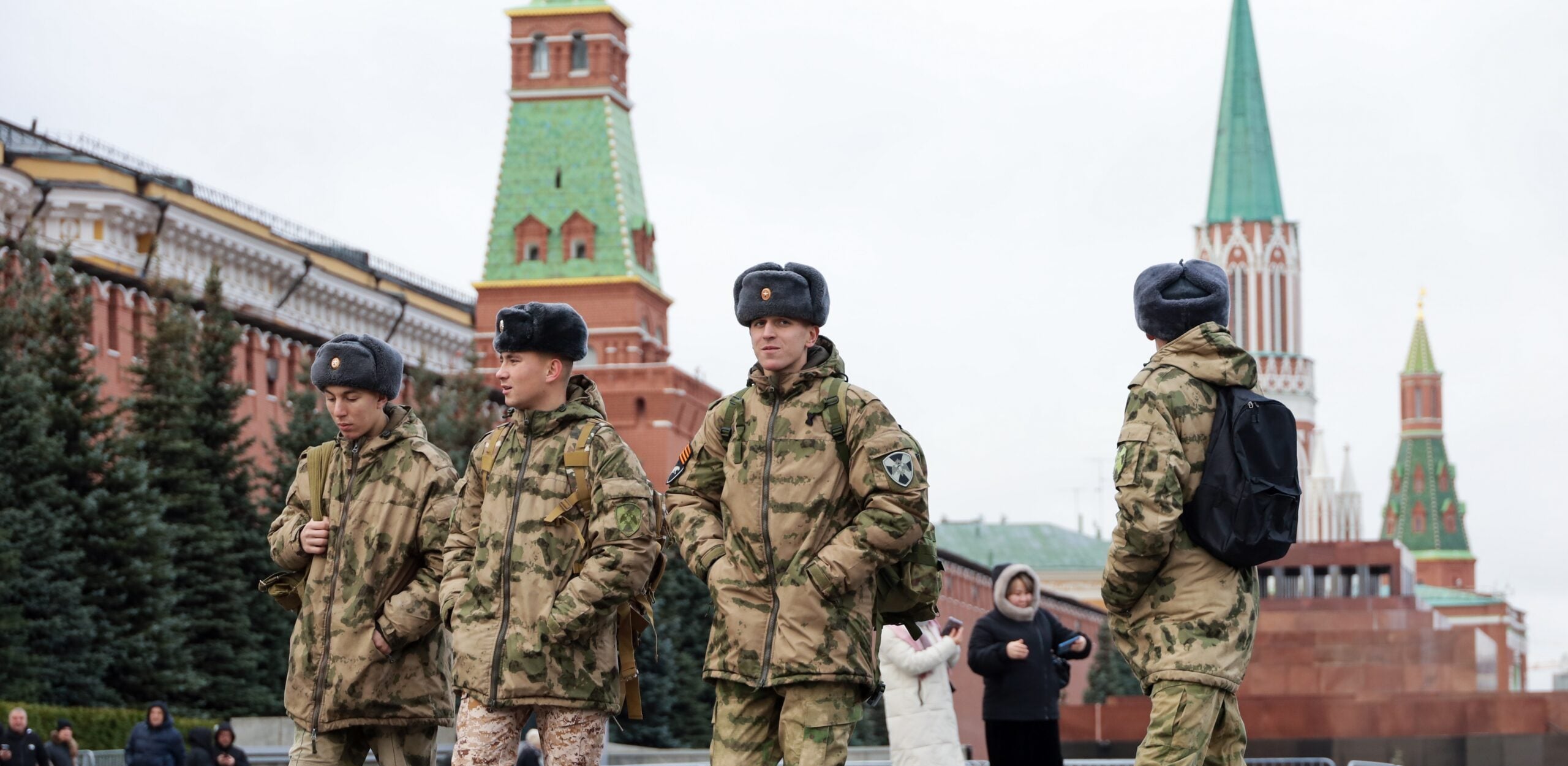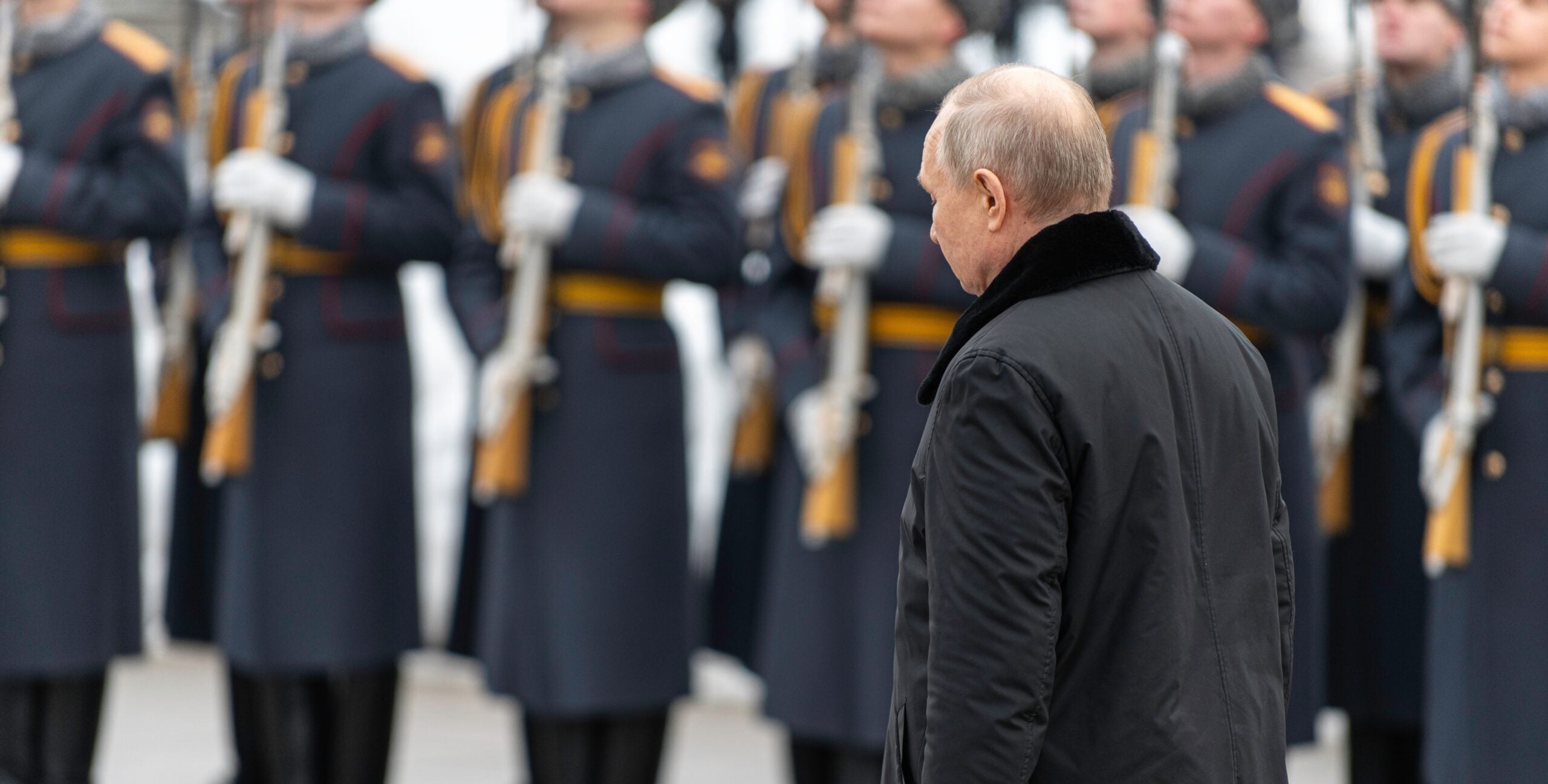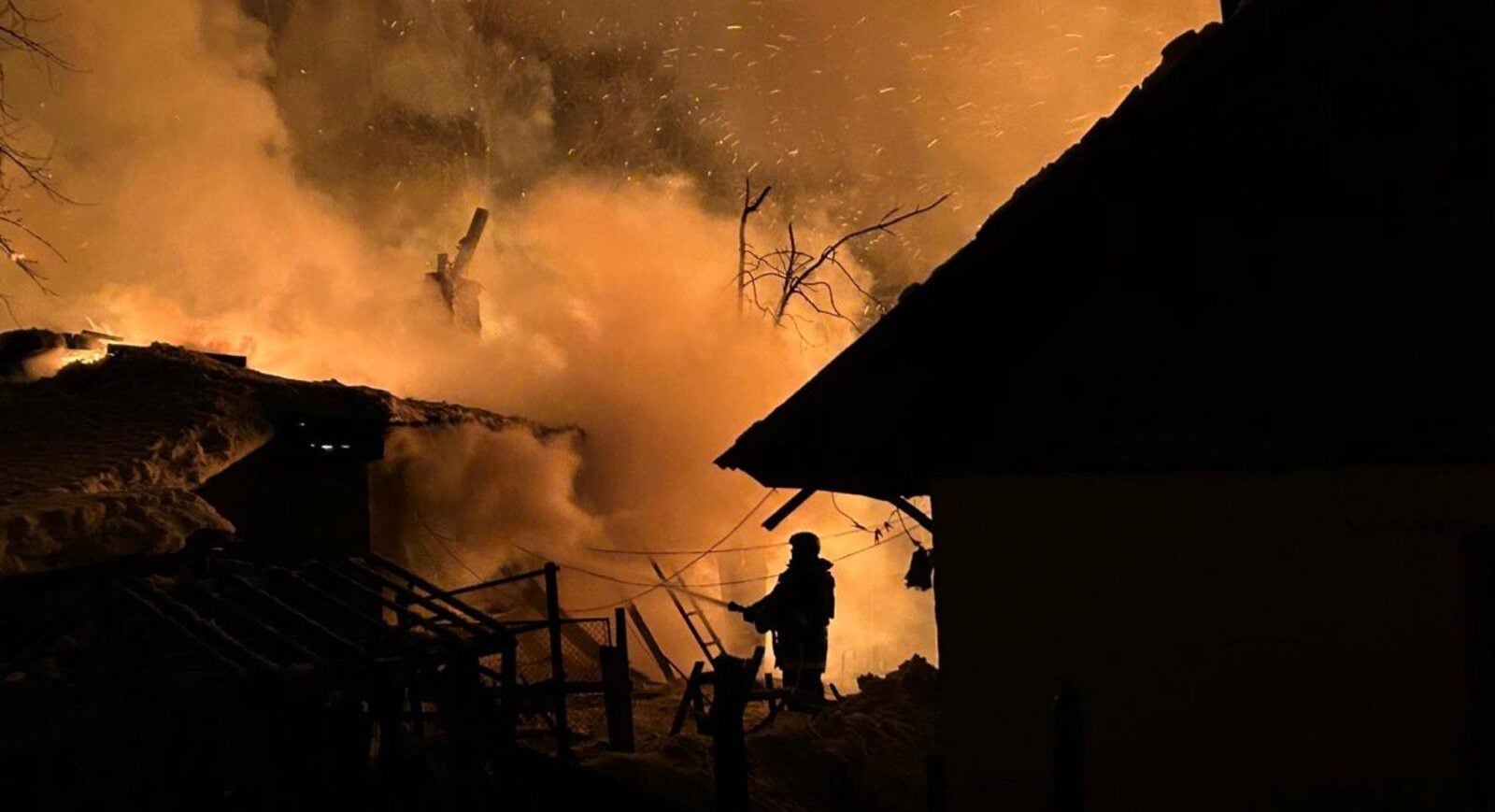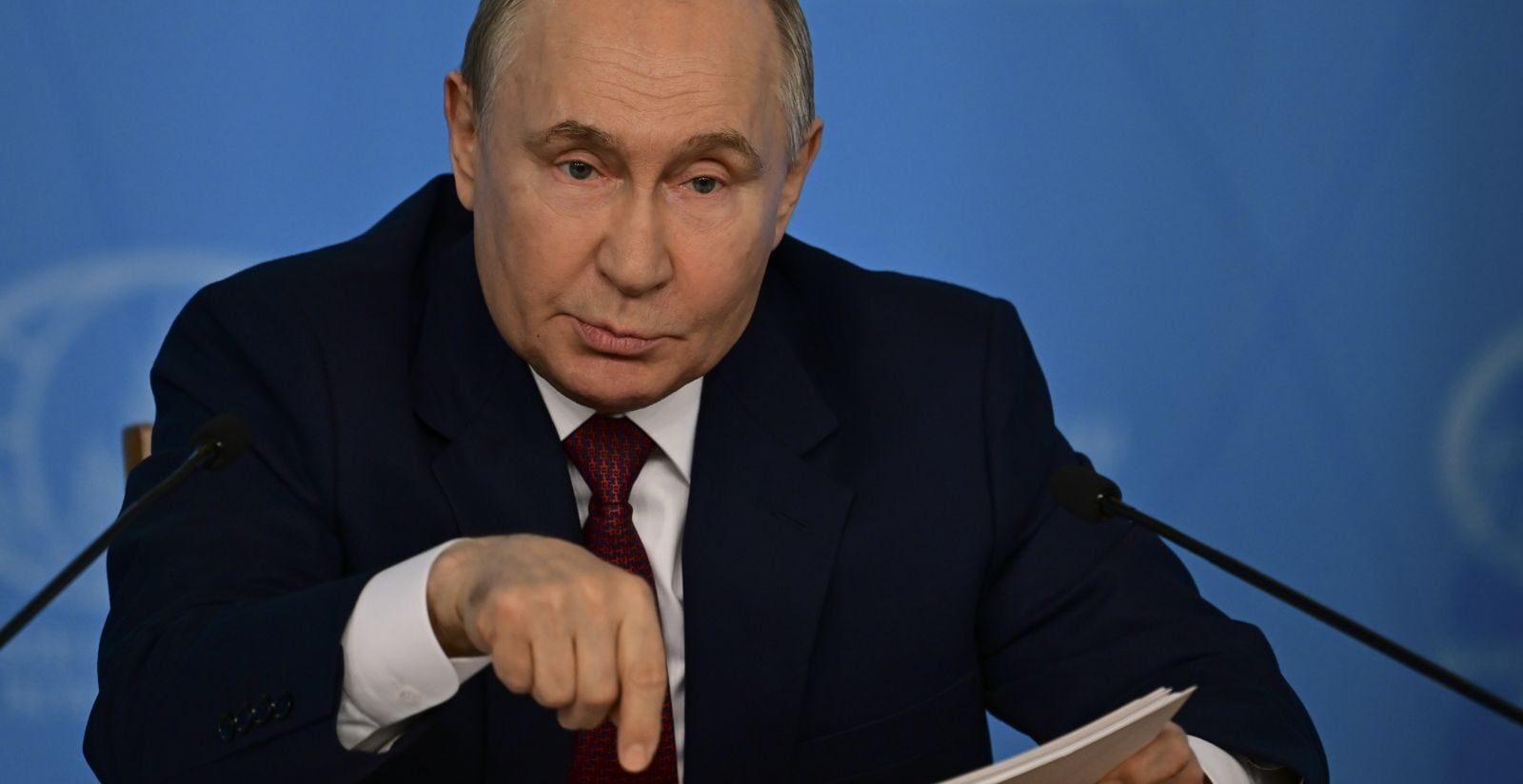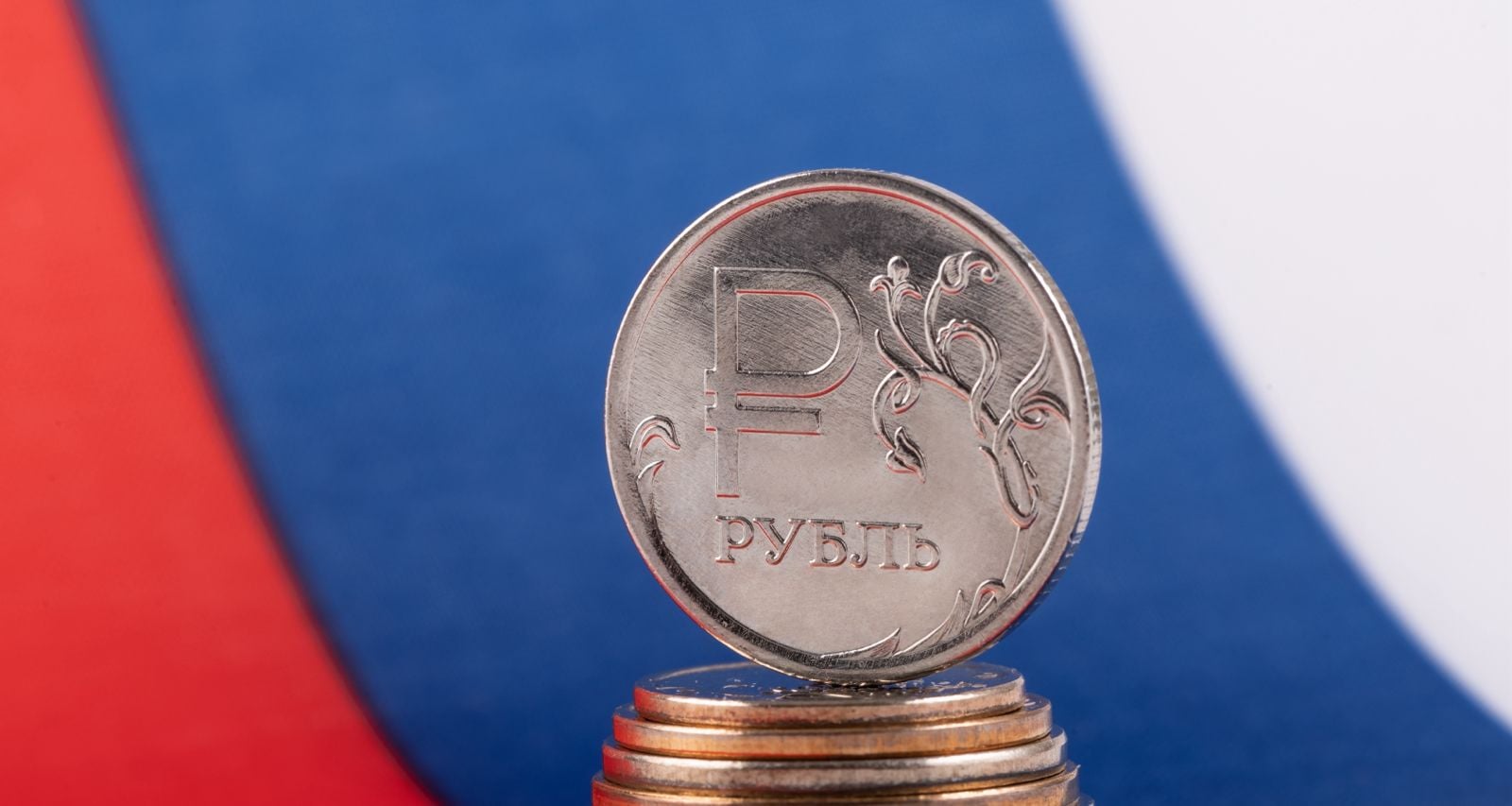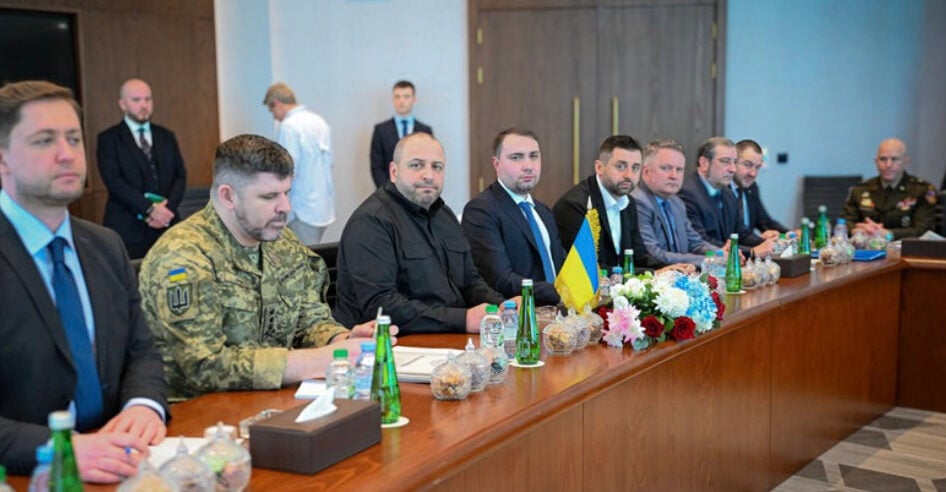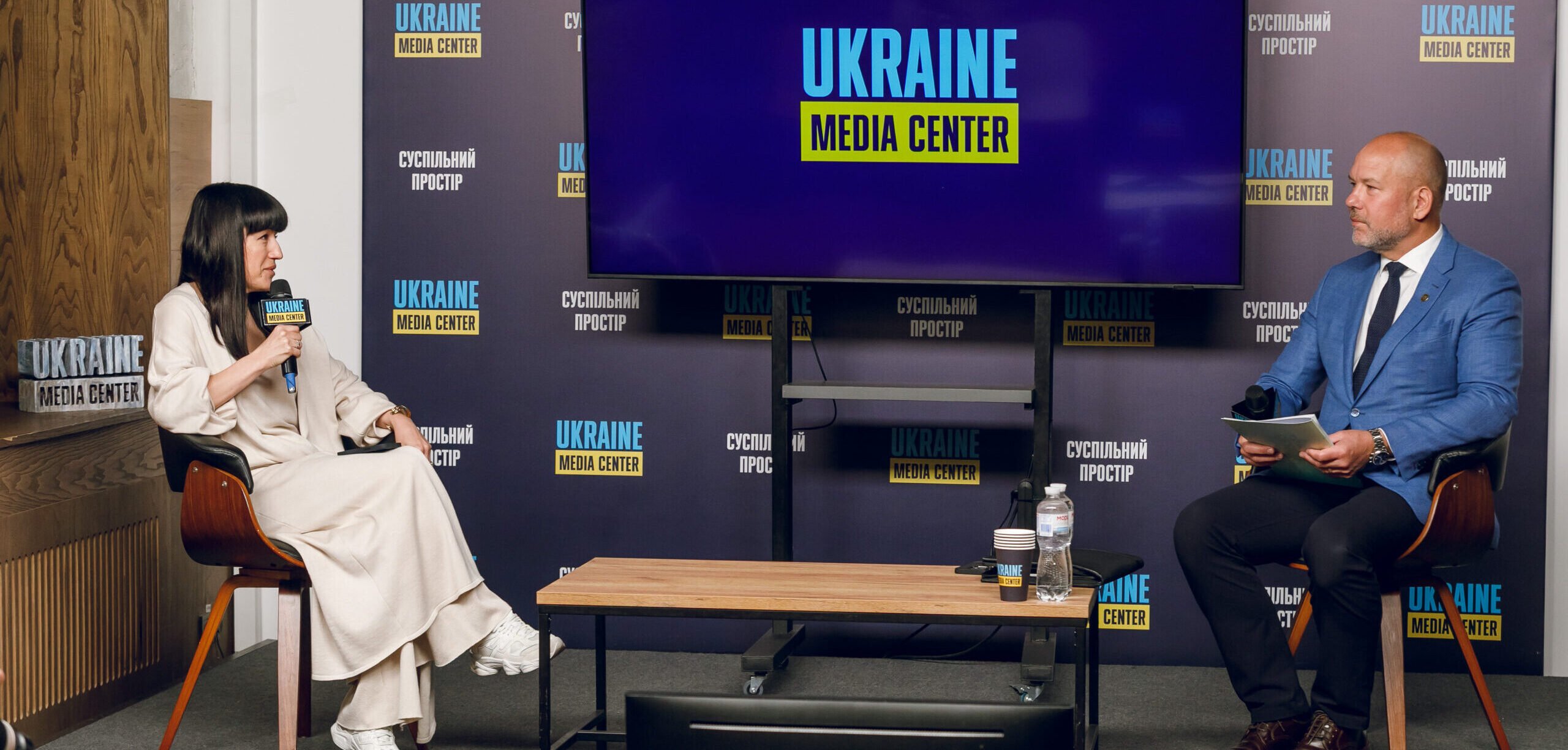
KYIV — The Ukrainian World Congress (UWC) is actively cooperating with the Ukrainian government to ensure the swift implementation of the law on multiple citizenship.
As part of this effort, the UWC plans to submit two draft bills to the Verkhovna Rada aimed at resolving inconsistencies in existing legislation.
This was announced by UWC President Paul Grod on Aug. 26 during a press conference, titled “Multiple Citizenship for Ukrainians: Practical Implementation and a New UWC Legislative Initiative.”
The event, organized by the UWC, aimed to analyse the current challenges in implementing the new law and to present proposed solutions.
“The new law is the result of years of collaboration between the UWC and the Ukrainian government, which began back in 2019 during President Zelenskyy’s inauguration,” Grod said.
Improving legislation
Grod explained that the UWC’s proposals for the Ukrainian parliament are designed to align existing laws with the new multiple citizenship law, ensuring it operates smoothly and without conflict in practice.
“We reviewed around 20 laws that need amendments due to conflicts with the multiple citizenship law. We are submitting two bills to the Verkhovna Rada to remove restrictions for citizens with multiple citizenships,” he said.
The UWC stresses that there should be a single class of Ukrainian citizenship rather than two. This means that every Ukrainian citizen, whether holding one or multiple citizenships, should have equal rights and responsibilities.
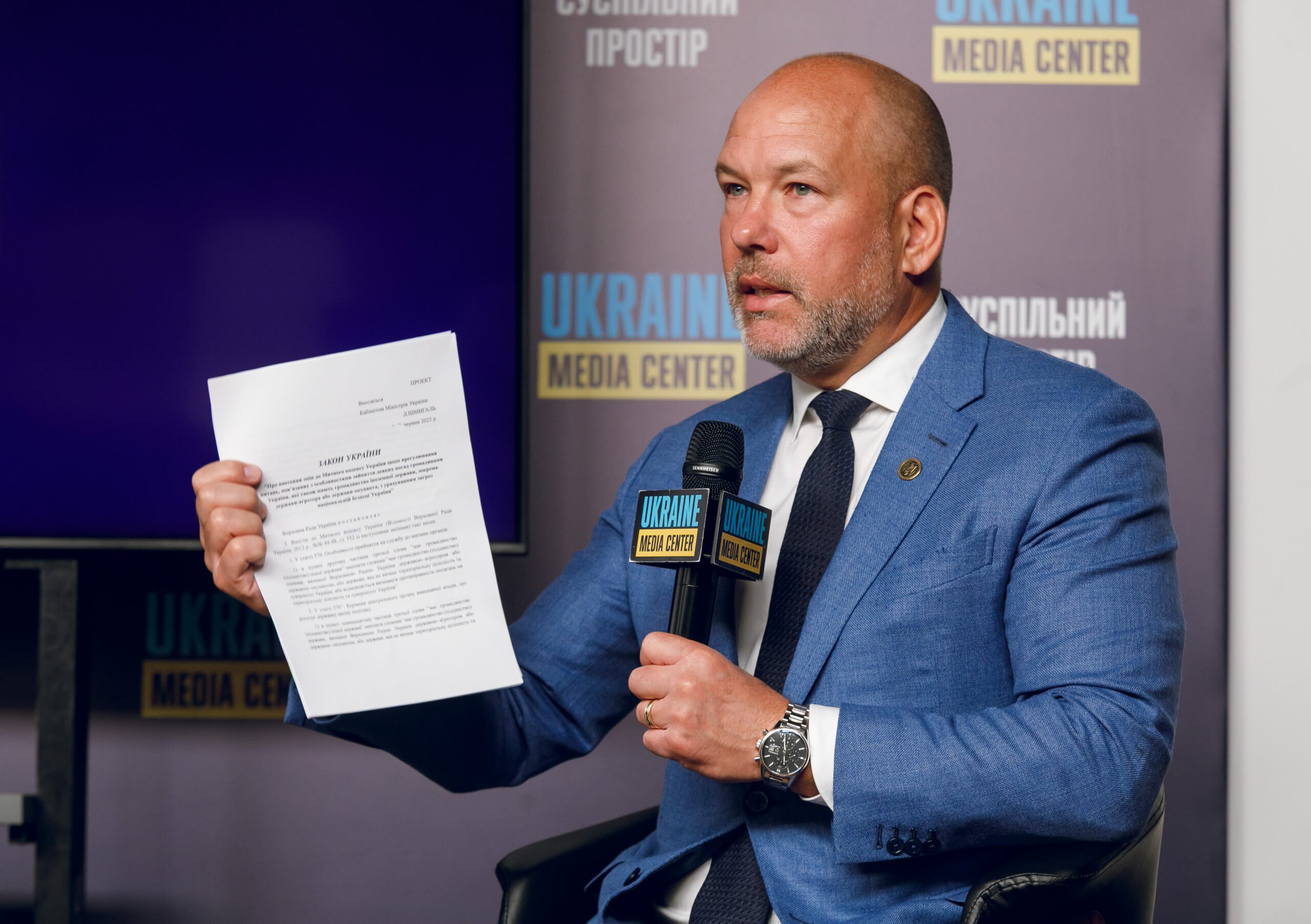
Many existing laws, for example, prevent citizens with multiple citizenship from serving in public office.
“The UWC’s proposed bills do not create new rules; they simply remove restrictions. This is crucial because we want to engage experts from various fields in rebuilding Ukraine,” Grod said.
He emphasized that this is just one example of how the UWC is working with specific proposals and legislation to ensure the new law functions effectively in practice.
Defining eligible countries
Another area of focus is defining which countries’ citizens can obtain Ukrainian citizenship. The UWC proposes a clear list: EU member states, NATO member states, and countries that hold a pro-Ukrainian stance and support Ukraine.
“A country like Australia, for instance, is not in NATO or the EU but strongly supports Ukraine. It should definitely be included on this list,” Grod said.
He also highlighted the importance of including security safeguards in the law, ensuring that citizens of countries hostile to Ukraine cannot claim Ukrainian citizenship.
Overall, the law will serve as an important motivation for Ukrainians and friends of Ukraine who want to acquire citizenship and contribute to the country’s rebuilding.
“It will inspire those genuinely willing to invest in Ukraine’s restoration,” Grod said.
The UWC will continue working with Ukraine’s government to refine the list of eligible countries and maximize the law’s effectiveness.
Implementation challenges
Key challenges include restoring rights for Ukrainians in temporarily occupied territories and ensuring that individuals forcibly granted Russian citizenship do not lose Ukrainian citizenship permanently.
“This is a significant challenge because some people might lose their citizenship temporarily. But this is a temporary measure. Most likely, until Ukraine’s victory, it will remain a gray area,” Grod said.
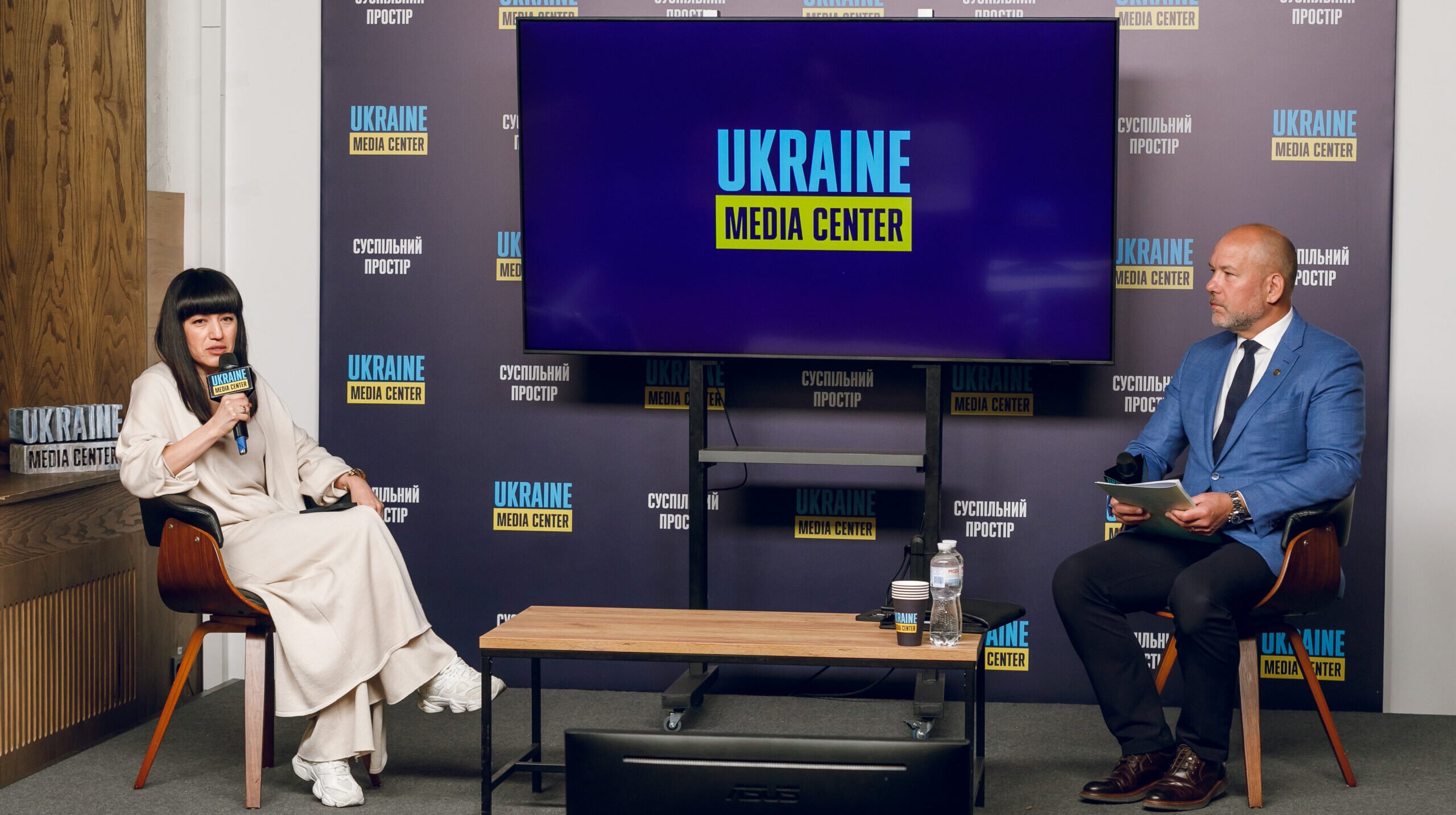
The next phase of implementing the law involves cooperation between the government and the Ministry of Foreign Affairs with other countries to clarify issues such as taxation and ensure citizens know where to pay taxes.
“This process is already underway globally,” Grod said.
A tool for rebuilding Ukraine
According to Grod, the law addresses several key issues for Ukrainians abroad:
Maintaining a connection with the homeland: Ukrainians will no longer have to choose between Ukrainian citizenship and the citizenship of the country where they reside, enabling stronger ties to Ukraine regardless of location.
“It’s important that Ukrainians adapt and integrate into the societies where they live, but not fully assimilate,” he said.
Participation in rebuilding: Ukrainians abroad can actively contribute to Ukraine’s reconstruction while retaining legal status in other countries.
Unity of citizenship: Regardless of how many citizenships a Ukrainian holds, all citizens will have equal rights and responsibilities before the state.
“This law concerns all Ukrainians abroad — both those born outside Ukraine and those who have recently left. Our goal is to engage everyone in the life and development of Ukraine, regardless of circumstances,” Grod said.
Grod said that Ukrainian experts abroad are already showing strong interest in contributing.
“After the law was announced, I literally received dozens of messages asking how to proceed,” he said.
The UWC plans to systematically work with the Ukrainian government to involve diaspora experts in rebuilding the country across fields ranging from public prosecution to healthcare and science.
“We all need to think about what we can do every day to help Ukraine. This is my call to every concerned Ukrainian,” Grod said.
Watch the recording of the press briefing:
The Verkhovna Rada passed the law on multiple citizenship on June 18, and the president signed it on July 15. The changes will take effect six months after signing.
